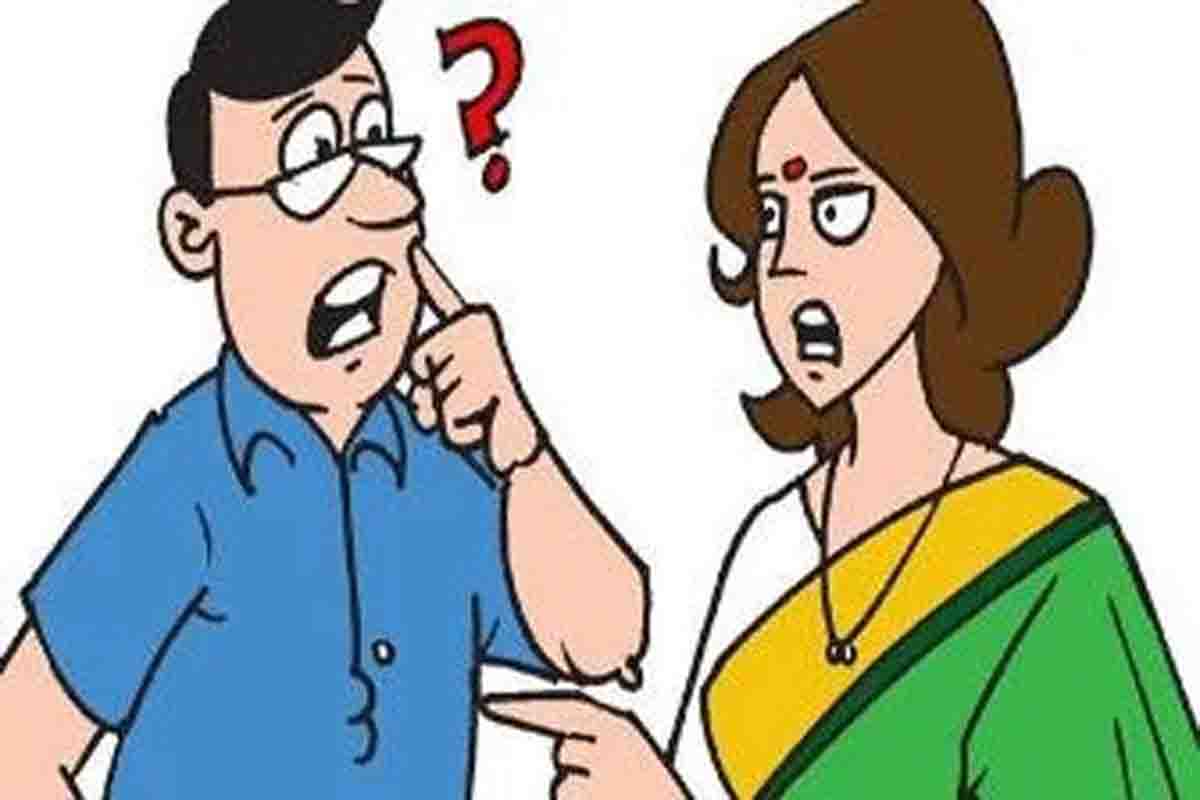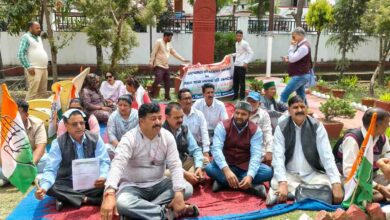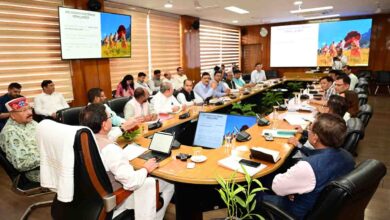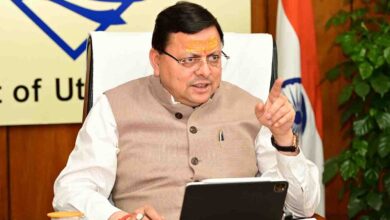Experts worry over misuse of laws meant to protect women in U’khand

Monday, 01 July 2024 | ANUPMA KHANNA | DEHRADUN
Are laws meant to protect women becoming tools for revenge and extortion? This urgent question looms large as misuse of legal provisions designed to prevent cruelty and dowry-harassment towards married women reportedly continues rampantly in Uttarakhand.
The implementation of Bharatiya Nyaya Sanhita (BNS) on July 1 offers scant relief to victims of false accusations under section 498A of the Indian Penal Code, with the provision being adopted verbatim, devoid of any substantive changes. Cruelty in matrimonial homes is defined under sections 85 and 86 of BNS. In May this year, the Supreme Court had expressed concern over the much-misused section 498A of IPC getting replicated in the BNS without any protection for husband and his relatives against false complaints. The SC had said that section 85 and 86 of BNS are nothing but verbatim reproduction of section 498 of IPC. As BNS comes into force, this replication signifies a missed opportunity to address longstanding concerns of misuse and injustice within the legal framework.
The Pioneer’s enquiry found unanimous consensus among authorities, legal experts, activists and members of the civil society about the ‘dangerous weaponisation’ of section 498A of IPC and the Protection of Women from Domestic Violence Act against husbands and their relatives.
Ramindri Mandrawal, former secretary of Uttarakhand Women Commission and former Protection Officer, told this correspondent, “False allegations under IPC section 498A have severe repercussions on the innocent accused, leading to unwarranted arrests, harassment, trauma, social stigma and family breakdowns. Over the years, this section has shown gender bias against men.” She added that she has witnessed firsthand the extensive misuse of laws like section 498A and the DV Act. “While many vulnerable women are unaware of where to seek help, in my estimate at least 60 per cent of cases involve misuse. I’m not making a sweeping generalisation. However, based on my observations significant misuse of these laws is prevalent in our State. I have personally witnessed numerous men and their parents undergoing immense hardship, navigating through various channels to defend themselves against false accusations by their wives.”
Similarly, claiming that 80 per cent of section 498A and DV Act cases are fabricated, noted lawyer Atul Pundir pointed out, “Multiple false cases are filed as a means of harassment. It is a gender biased law because the arrangement gives security just to women in the battle against spouses and their relatives. It has rightly been criticised as ‘legitimate fear based oppression’.” Revenge or the desire to settle a score and legal extortion were cited as the key reasons for such false complaints by women. A woman lawyer specialising in matrimonial cases at Dehradun Family Court, requesting anonymity, claimed that in her experience around 90 per cent of cases under Section 498A are false. “The government should provide protection for men also. NCRB data shows that men are more prone to suicides than women. Why isn’t there a Men’s Commission?” she asked.
In the 2003 Malimath Committee report on reforms in the criminal justice system it has been depicted that there exists a “general complaint” of section 498A of the IPC to be a subject to gross misuse; and therefore the same report suggested an amendment to the impugned provision. In 2009, the Government of India issued a directive to the chief secretaries of all States and UTs, urging them to ensure adequate measures to prevent the misuse of section 498A.
Dehradun resident Rahul (name changed) narrated to The Pioneer that he entered an arranged marriage in 2014, but due to irreconcilable incompatibility, after some months he filed for divorce. Allegedly, in retaliation his wife falsely accused him and his elderly parents of cruelty and dowry demands. She demanded Rs 20 lakh and an apartment to agree to the divorce. Rahul and his family endured six years of suffering under alleged false charges before settling out of court, paying Rs 20 lakh. “Facing false cases causes social ostracisation, damaged reputation, strained relationships and psychological distress. I faced overwhelming financial and emotional burdens. Even if acquitted, false allegations lead to long lasting psychological trauma and a loss of trust in the justice system for both the accused and their families,” he said.
Every individual interviewed by The Pioneer agreed that the issue lies in the implementation rather than the law itself. As explained by Pundir, “The lack of thorough investigation by protection officers and other officials concerned is a major factor contributing to misuse. Proper investigation is crucial to filter out false claims and ensure justice for genuine victims.” Experts also underscored the need for implementing strict penalties for perjury in court to deter false accusations and also safeguard innocent individuals wrongly accused of crimes. Further, noting that protection officers currently have dual roles, which often leads to inadequate attention to cases under their charge, Mandrawal recommended establishing this as an independent role dedicated solely to handling such complaints to ensure that they have the time and focus needed to address them effectively. Comprehensive training of protection officers, women’s helpline members and counselors emerged as another important requirement. Socio-cultural norms favouring women need a shift, for example giving penalties to dowry givers, not just receivers.






